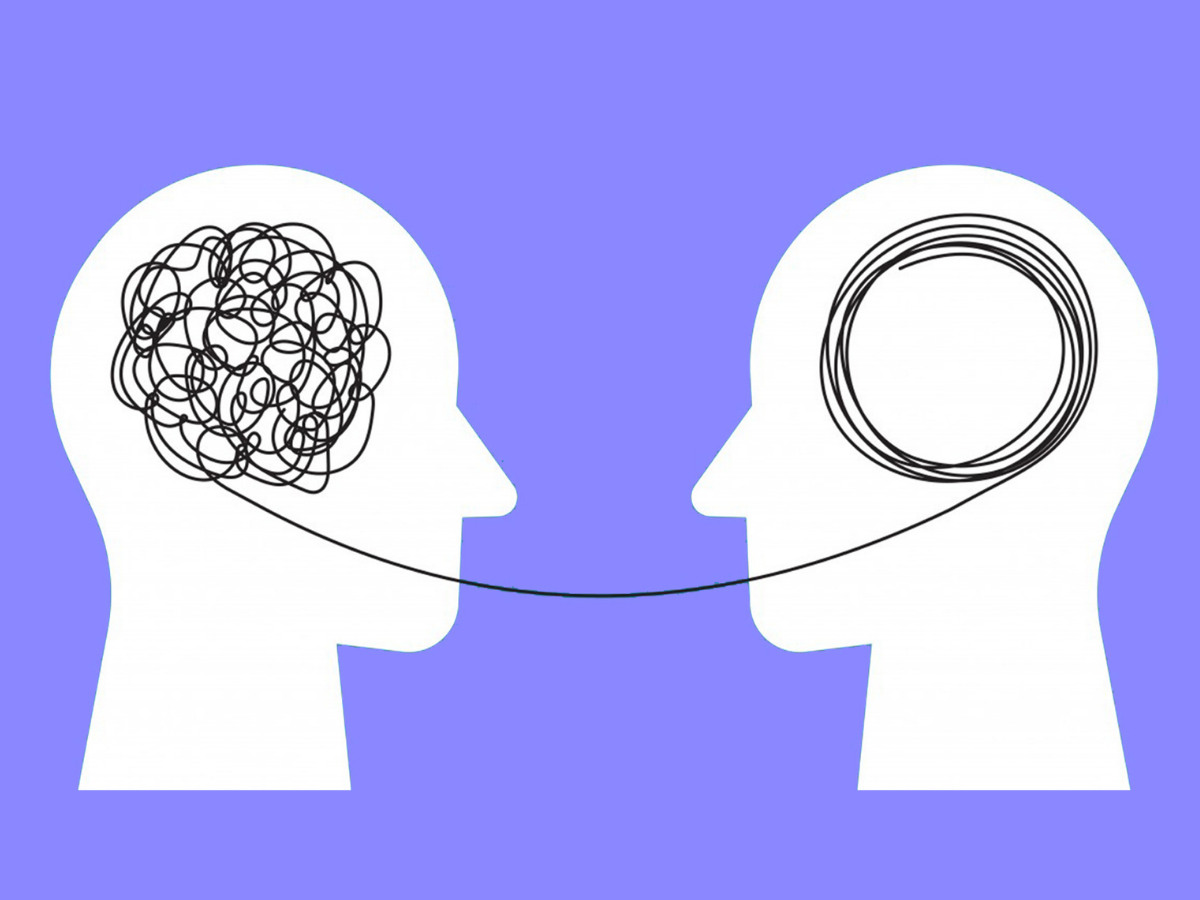Teens across the UK are turning to TikTok for better information about periods as a recent Swansea University study found that menstrual cycle education in UK schools is inconsistent and inadequate.
18-year-old Efa Angharad told BBC News ‘I’ve got most of my information about periods from TikTok’. The sixth-former from Gorslas, Carmarthenshire described the period education she received from school as ‘pretty shocking’.
TikTok accounts, such as Bloody Honest, run by Kathryn King, aim to fill the gaps in period education. King covers common period myths in her videos such as ‘You can’t get pregnant from having sex during your period’ and ‘Tampons can get lost inside you’.
Biology over Lived Experience
Funded by Sport Wales, the academic report from Swansea University found that 53% of secondary school teachers reported lessons were provided in their school, and 74% of primary school teachers reported lessons were provided in their school.
The study also found that periods are most often taught in regards to the biology of the menstrual cycle rather than conversations being had around menstrual products or the benefits of exercising when menstruating. Lili Mai, 17, told the BBC that ‘there was no deeper explanation, we weren’t talking about pain or cramps, anything that comes with it. I had to figure that out as I went along.’
88% of the teachers who took part in the study by Swansea University agreed that periods affect multiple areas of girls’ lives in school. Issues such as attendance and confidence levels were mentioned with one teacher commenting ‘The young ladies are reluctant to get stuck in, some in fear of the boys noticing something. Some are clearly in physical discomfort. Some are drained and emotional’. Without sufficient education from schools or a trusted family member/friend, it’s easy to see why young teens are turning to TikTok videos for help.
In response to the BBC article covering period education in UK schools versus TikTok, many teachers on the subreddit TeachingUK disagreed with the assertion from teens that period education isn’t up to scratch in UK schools. One user, a former secondary school teacher, thought that it was the environment in which children are taught that mattered most, stating ‘Talking about it in a room full of your peers and an adult vs. alone in your room watching videos. They’re always going to be more receptive to this stuff on their phones, rather than feeling embarrassed in the classroom’.
TikTok Thinks Periods are Sexual
However, it seems even TikTok might not always be there to help as videos discussing periods and the menstrual cycle are being taken down from the platform by its automatic image recognition seeing videos discussing the menstrual cycle as sexual. TikTok user Rosas, who like Kathryn King uses the platform to educate teens about periods, was banned for supposed repeated violation of community guidelines. The ban was quickly reversed when Rosas managed to contact someone at TikTok. But for those who simply aim to educate teens about periods and don’t know anyone who works at TikTok, their educational videos could be taken down forever.
For girls too young to be on TikTok, or any other forms of social media, school education or a trusted adult might be the only way they can gain knowledge on the menstrual cycle. However, the study by Swansea University found that most menstrual education was taught between the ages of 10 and 12. Girls who may start their period as young as 8 years old with no menstrual education or trusted adult they can talk to will seemingly be left in the dark when it comes to their period.
It is hoped that children in Wales will be more confident in the period education they receive from schools in the future; period education is set to become mandatory in all schools across Wales with the introduction of the new curriculum in 2023. The other UK nations have said they have previously taken action to combat the lack of menstrual education.
The study by Swansea University provided 5 key recommendations for schools across the UK: Make time available for delivery and lower the age at which young people are first taught, provide resources for teachers, provide training and support for teachers, develop peer support groups for young people, and reframe the narrative, addressing historical societal construct.
About the author: Kathryn Smith is a contributing features writer with an MSc in ‘Computational and Data Journalism’ and an interest in politics, culture, and data-driven stories.
Recommended for you

Antidepressant Prescribing at Six-Year High
More people are taking antidepressants than ever. Is this a dark sign of the times or an indication that mental health stigma is changing?

Can AI be Used to Determine Cancer Recurrence?
When cancer patients go into remission, they often worry about it coming back. AI can now help identify those at risk of cancer recurrence.

Pegasus – Still a Threat to the UK?
The notorious Pegasus spyware has been misused to exploit vulnerabilities in devices, even those kept within the walls of Number 10.
Trending

Drug Decriminalisation: Could the UK Follow Portugal?
Portugal’s drug decriminalisation has reduced drug deaths and made people feel safe seeking support. Would the UK ever follow suit?

Calling All Unvaccinated UK Adults
With Covid cases rising, the NHS is urging the 3 million UK adults who remain unvaccinated to come forward.





